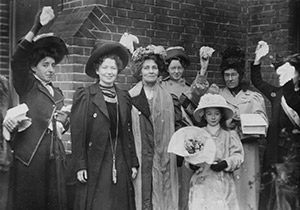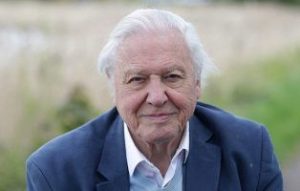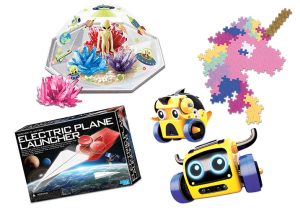
Origins of Valentine’s Day primary resource
Discover how Valentine’s Day began with this fun comic strip
This primary resource teaches children about the history of Valentine’s Day, and why we celebrate this famous day. Discover the origins of sending Valentine’s cards. Who was Saint Valentine? When did 14 February become the official date of holiday? How many cards are sent on Valentine’s Day worldwide?
Pupils will learn about the historical and cultural developments that established Valentine’s Day as what we now know it as, in our National Geographic Kids’ Culture primary resource sheet.
The teaching resource can be used in study group tasks for learning about how festivals / holidays evolve and develop over time. It can be used as a printed handout for each pupil to review and annotate, or for display on the interactive whiteboard for class discussion.
Activity: In groups, ask children to discuss the events in the comic and write them up in a paragraph or two, or create a timeline of events depicted in the resource. Pupils could use the information in the resource as a starting point to research the influence of Richard Cadbury on the way we celebrate Valentine’s Day. Why and how was Richard Cadbury significant to British culture? Ask pupils to write a ‘Medieval style’ Valentine’s song or poem.
For a more History-focused task, ask the children to discuss why Roman soldiers may have been banned from marriage, and why Valentine would have got in so much trouble for defying orders. Can they find the answers online or in text books? Alternatively, they could look into why King Henry VII set an official date for Valentine’s Day. Why might he have chosen that date?
N.B. The following information for mapping the resource documents to the school curriculum is specifically tailored to the English National Curriculum and Scottish Curriculum for Excellence. We are currently working to bring specifically tailored curriculum resource links for our other territories; including South Africa, Australia and New Zealand. If you have any queries about our upcoming curriculum resource links, please email: schools@ngkids.co.uk
This Culture primary resource assists with teaching the following objectives from the National Curriculum:
2.1 Every state-funded school must offer a curriculum which:
- promotes the spiritual, moral, cultural, mental and physical development of pupils at the school and of society, and
- prepares pupils at the school for the opportunities, responsibilities and experiences of later life.
2.5 All schools should make provision for personal, social, health and economic education (PSHE), drawing on good practice. Schools are also free to include other subjects or topics of their choice in planning and designing their own programme of education.
National Curriculum Key Stage 2 History objectives:
Pupils should be taught about:
- the Roman Empire and its impact on Britain: ‘Romanisation’ of Britain: sites such as Caerwent and the impact of technology, culture and beliefs, including early Christianity
- a study of an aspect or theme in British history that extends pupils’ chronological knowledge beyond 1066: the changing power of monarchs
Pupils should continue to develop a chronologically secure knowledge and understanding of British, local and world history, establishing clear narratives within and across the periods they study. They should note connections, contrasts and trends over time and develop the appropriate use of historical terms. They should regularly address and sometimes devise historically valid questions about change, cause, similarity and difference, and significance.
This Culture primary resource assists with teaching the following Social studies Experiences and outcomes objectives from the Scottish Curriculum for Excellence:
Learning in the social studies will enable me to:
- develop my understanding of the history, heritage and culture of Scotland, and an appreciation of my local and national heritage within the world
- broaden my understanding of the world by learning about human activities and achievements in the past and present
- develop my understanding of my own values, beliefs and cultures and those of others
- learn how to locate, explore and link periods, people and events in time and place
Scottish Curriculum for Excellence Social studies Early level objectives:
- I can make a personal link to the past by exploring items or images connected with important individuals or special events in my life.
- I have explored how people lived in the past and have used imaginative play to show how their lives were different from my own and the people around me.
Download primary resource
More Like

International Women’s Day

15 fascinating facts about Sir David Attenborough

Good to play festive gifts












LEAVE A COMMENT
THANK YOU
Your comment will be checked and approved shortly.
WELL DONE,
YOUR COMMENT
HAS BEEN ADDED!
COMMENTS
CUSTOMIZE YOUR AVATAR